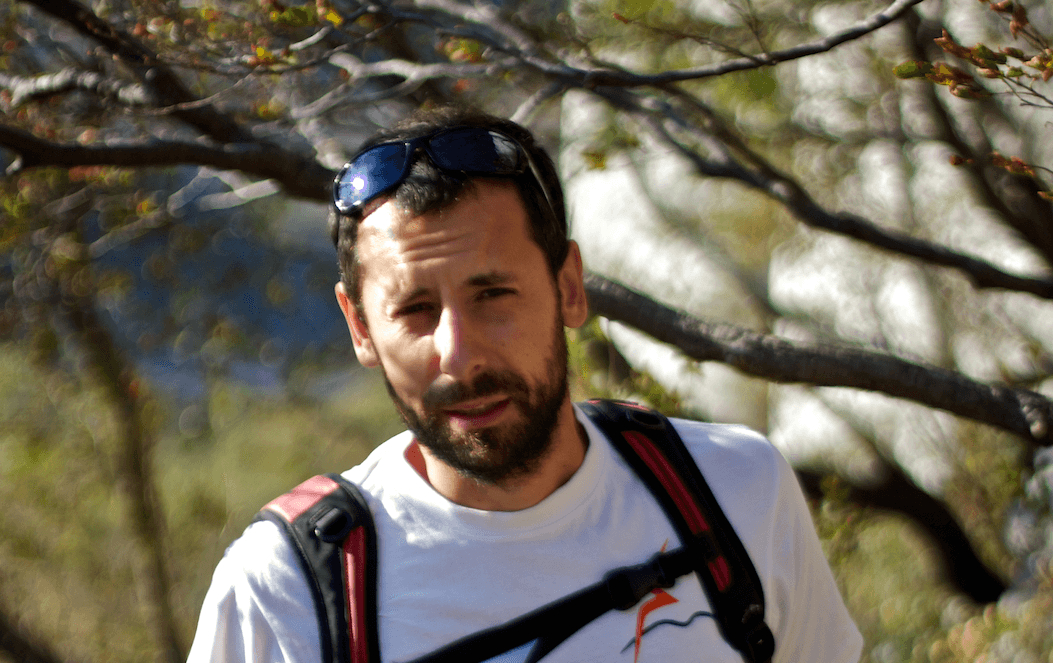Asmir Gračanin
Associate Professor
Department of Psychology
University of Rijeka
Email
Research Overview
I am interested in the relationship between personality, emotion, and social behaviour. My research focuses on questions of how different personality traits affect our relationships with others and what biological causes and mechanisms form the basis of such effects. I am especially interested in the evolutionary roots of personality traits and mechanisms. In my research I rely on both self-reports and direct measurements of behaviour and (autonomic) psychophysiology.
Prestige and dominance
There are at least two general ways in which people attain social status. Firstly, the use of prestige is evident when one has certain features that benefit one’s group and when these are appreciated by the other group members. Secondly, one may also use dominance, which entails threats and intimidation. These two ways for attaining social status can be viewed as two different strategies but also as basic needs. My research focuses on questions such as How do individual differences in dominance and prestige motivation develop? Which situational features trigger and which cognitive processes affect the expression of these needs? How do these two needs interact? What are their consequences in the context of romantic relationships, friendship, and work? How do these needs affect well-being outcomes such as mood or somatic health?
Emotion and emotion regulation
I am also interested in different outcomes and correlates of habitual emotion regulation and other personality features related to emotional processes and communication. In addition, I study emotional crying - a still largely under-researched phenomenon. Here, I focus on questions such as How do personality and contextual features influence the use of cognitive and behavioural emotion regulation strategies? In which ways do the effects of these strategies depend on other individual and situational features? What are the biological functions of crying? How has crying evolved? How does crying relate to personality?
Short Bio
Since 2017
Assistant Professor, Department of Psychology, University of Rijeka, Croatia
2014 – 2017
Postdoctoral Researcher, Marie Curie Fellow, Department of Medical and Clinical Psychology and Center for Cognition and Communication, Tilburg University, Netherlands
2011 – 2014
Postdoctoral Researcher, Department of Psychology, University of Rijeka, Croatia
2009 – 2011
PhD in Psychology, Department of Psychology, University of Ljubljana, Slovenia
2003 – 2006
MSc in Psychology, Department of Psychology, University of Ljubljana, Slovenia
1998 – 2003
MA in Psychology, Department of Psychology, University of Rijeka, Croatia
Supervisory Experience
I have supervised 15 Masters students and 1 PhD student. Currently I am supervising 2 Masters and 4 PhD students.
Grants and Awards
2025 - 2028: Croatian Science Foundation (HRZZ) Research Project: "Submissive behaviors: cognitive and physiological mechanisms, social dynamics and psychological well-being". Role: PI.
2025 - 2029: UNIRI Project: "The Dimensions of Warmth and Competence, Social Ranking, and Mental Health". Funded as part of NextGenerationEU (EU): Role: PI.
2017: University Science award, University of Rijeka
2017: National Science Award, Republic of Croatia
2014 - 2016: NEWFELPRO - European Union (Marie-Curie fund) and MZOS
2013: National Award for the Promotion of Science, Republic of Croatia
Selected Publications
2021
Gračanin, A., Krahmer, E., Balsters, M., Küster, D., & Vingerhoets, A. J. J. M.
How weeping influences the perception of facial expressions: The signal value of tears.
Journal of Nonverbal Behavior, 45, 83-105.
2019
Gračanin, A., Kardum, I., & Gross, J. J.
The Croatian version of the Emotion Regulation Questionnaire: Links with higher- and lower-level personality traits and mood.
International Journal of Psychology.
2018
Gračanin A., Bylsma L., & Vingerhoets, A. J. J. M.
Why only humans shed emotional tears: Evolutionary and cultural perspectives.
Human Nature, 29(2), 104-133.
2017
Gračanin, A., Kardum, I. i Hudek-Knežević, J.
Parasympathetic concomitants of habitual, spontaneous, and instructed emotional suppression.
Journal of Psychophysiology, 31, 78-89.
2015
Gračanin, A., Vingerhoets, A. J. J. M., Kardum, I., Zupčić, M,. Šimić, M., & Šantek, M.
Why crying does and sometimes does not seem to alleviate mood: A quasi-experimental study.
Motivation and Emotion, 39, 953–960.